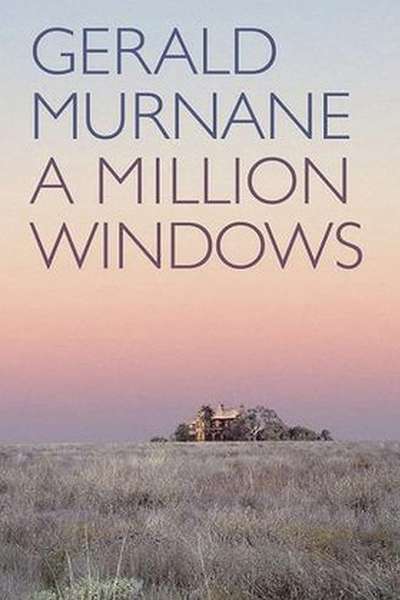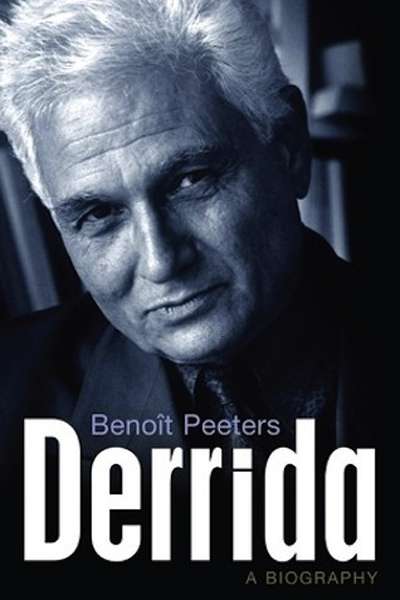Shannon Burns
CHILDHOOD SEX!
Dear Editor,
Shannon Burns’s splendid ABR Patrons’ Fellowship essay, ‘The Scientist of His Own Experience: A Profile of Gerard Murnane’, is rich in insights and pithy observations, plus some rather fine photographs (August ...
Something for the Pain: A memoir of the turf by Gerald Murnane
'The scientist of his own experience: A Profile of Gerald Murnane' by Shannon Burns
The town of Goroke (population six hundred) stands almost exactly between Melbourne and Adelaide, in the Wimmera region of Victoria. It is, in many ways, a typical small country town. If you drive there in the morning during late spring or early summer, you’ll need to slow the car to avoid kangaroos on the road. Magpies are everywhere. Horses and other livestock m ...
Books of the Year is always one our most popular features. Find out what our 41 contributors liked most this year – and why.
... (read more)Few authors summon the various modes of irony to better purpose than J.M. Coetzee. Typically, before Coetzee gives a reading, the audience can safely suppose that they are in for a good laugh, the odd squirm and cringe, and at least one moment of bewilderment. But there are exceptions to this general rule, and the several hundred people who gathered to hear Coetzee read last week, on a balmy Tuesday evening in Adelaide, were fortunate to witness an atypical performance by the Nobel laureate.
... (read more)





